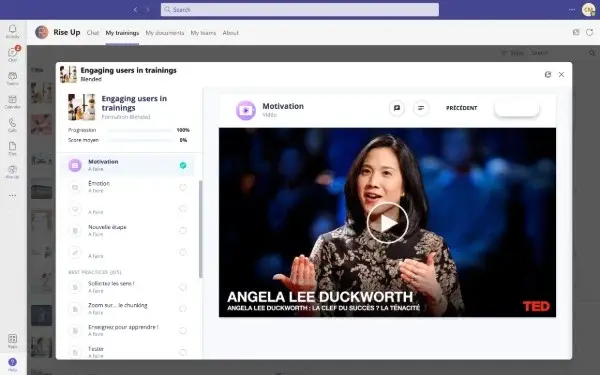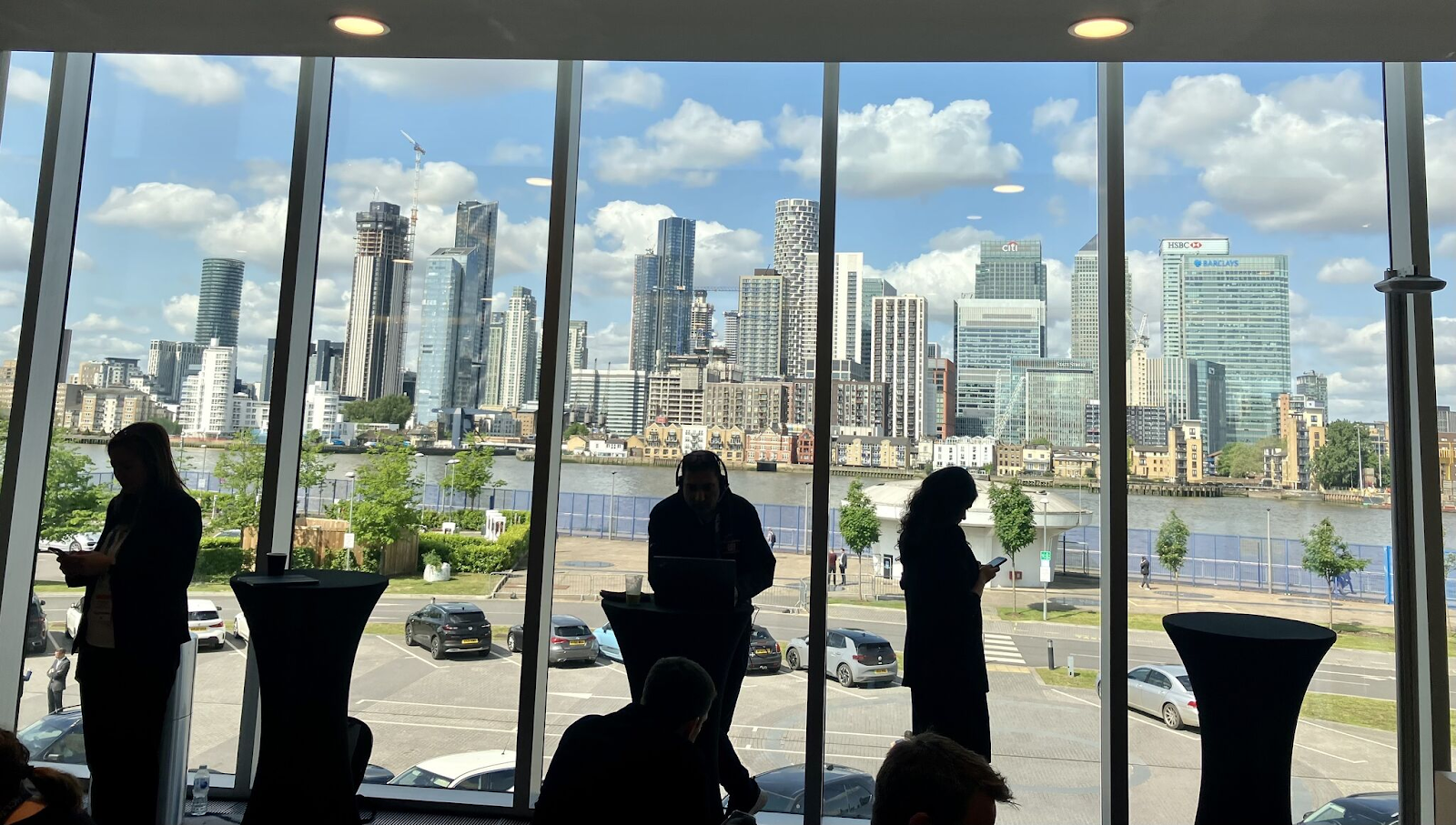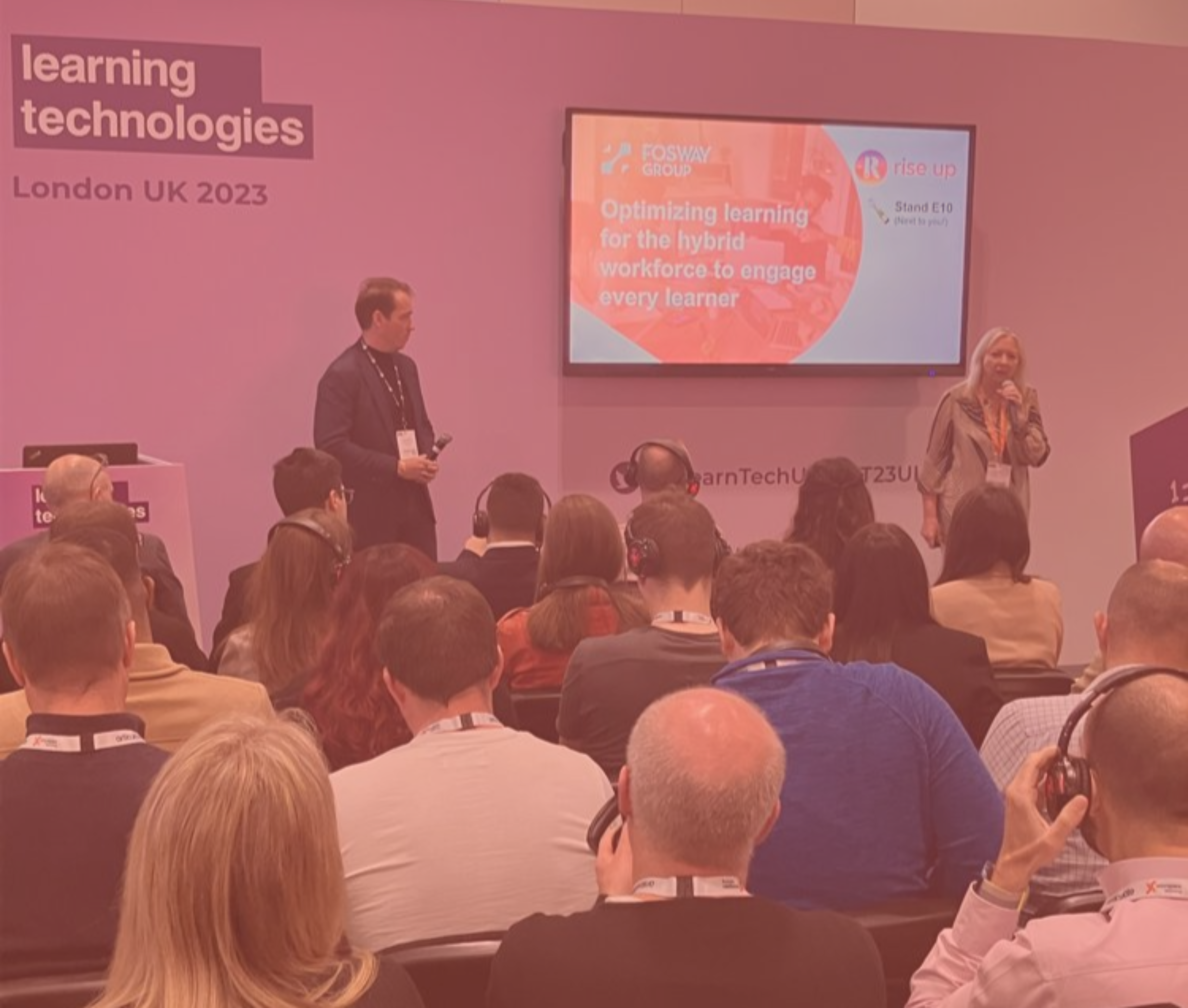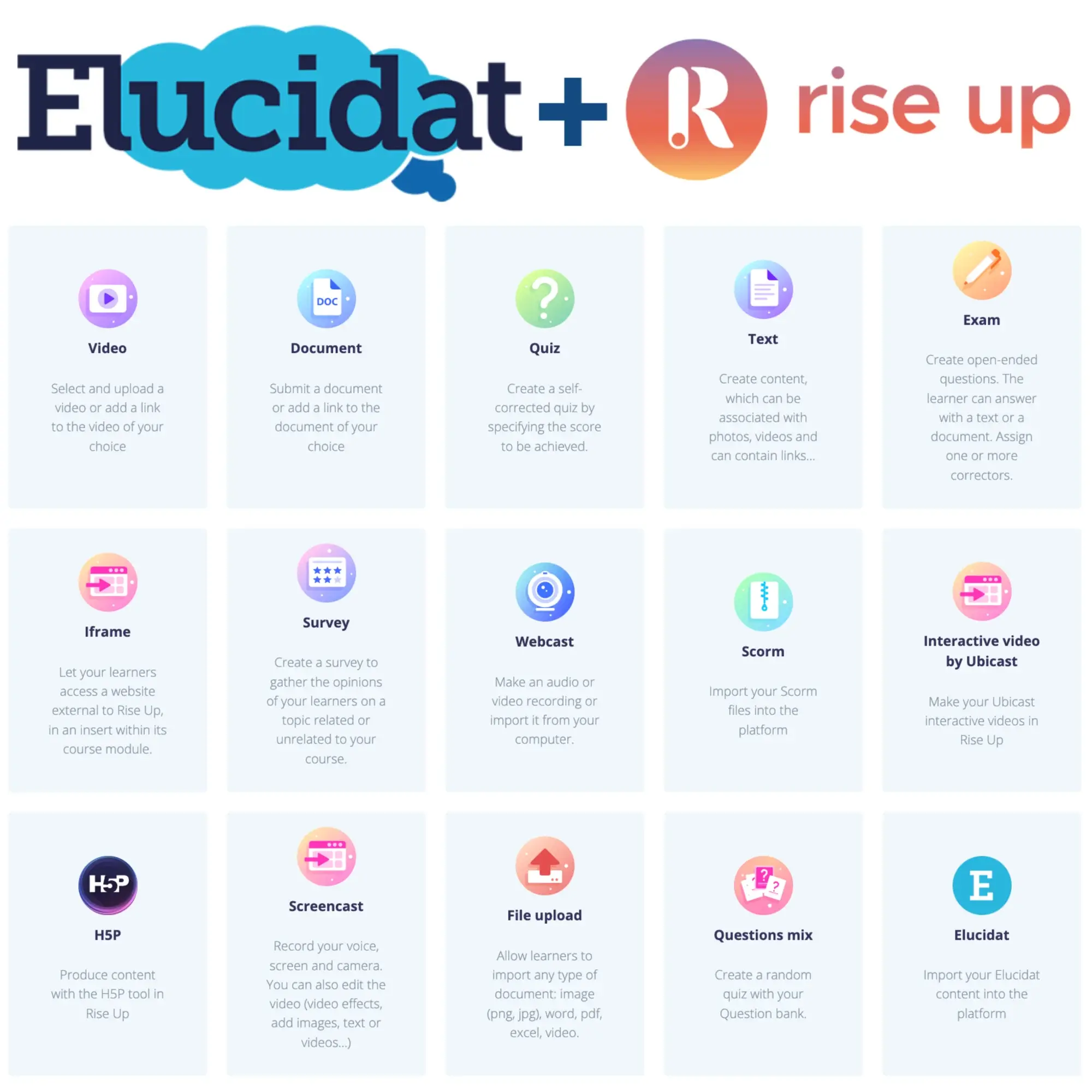
Featured
Blog
Everything you need to know about best practices in vocational training
.jpg)
05 June 2023
Learning and Development is central to the quiet hiring approach to talent management according the experts at Gartner’s latest UK Digital Workplace Summit.

05 June 2023
Top tips for L&D professionals to from Gartner’s latest UK Digital Workplace Summit.

31 May 2023
Camilia Miccolis Leader of UKI & Netherlands at Rise Up, discusses how we can reduce work-related stress in the finance sector through learning and development strategies.

31 May 2023

31 May 2023

22 May 2023
Key points from our discussion session at the Learning Technologies 2023 conference.

22 May 2023
Camilia Miccolis, Country Director UK and Netherlands at Rise Up looks at why purpose in the workplace is a driving factor for Gen Zs and the role learning and development plays

17 May 2023
The need for L&D to adapt to a hybrid workforce was a key theme at the 2023 Learning Technologies conference in London.

10 May 2023
London, UK – May 2023 – Elucidat, the globally recognized elearning authoring platform, has partnered with Rise Up, a forward-thinking LXP/LMS, to bring cutting-edge learning experiences to businesses. This collaboration will offer an integration of Elucidat's leading authoring platform into Rise Up's LXP/LMS to enable organizations to take their content creation to the next level. By integrating Elucidat's eLearning authoring solution into Rise Up's LXP/LMS, organizations can unlock the power to streamline content production and delivery, resulting in a more efficient and cost-effective solution. With this combined solution, anyone can easily share their expertise and create impactful elearning content across various modules.



